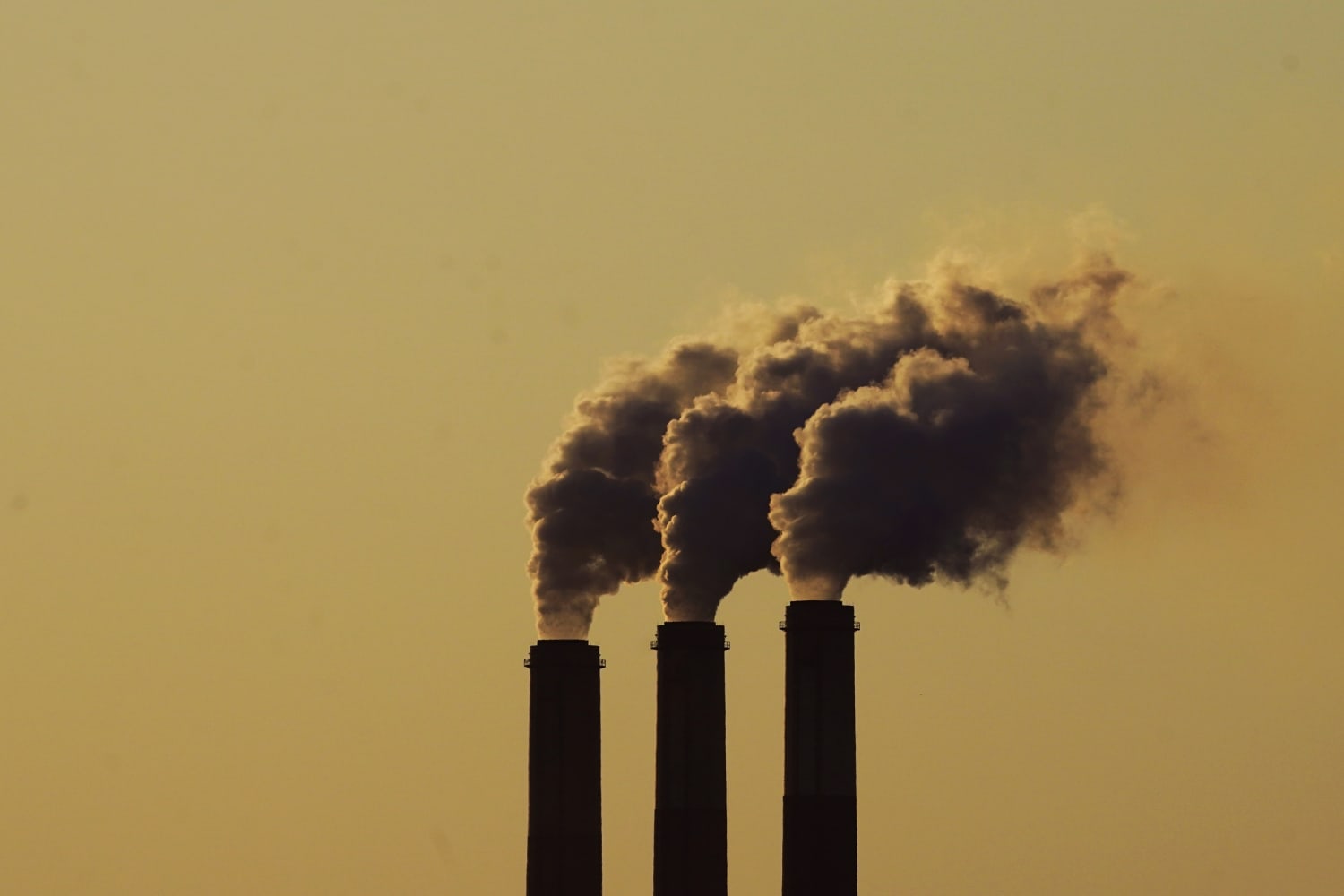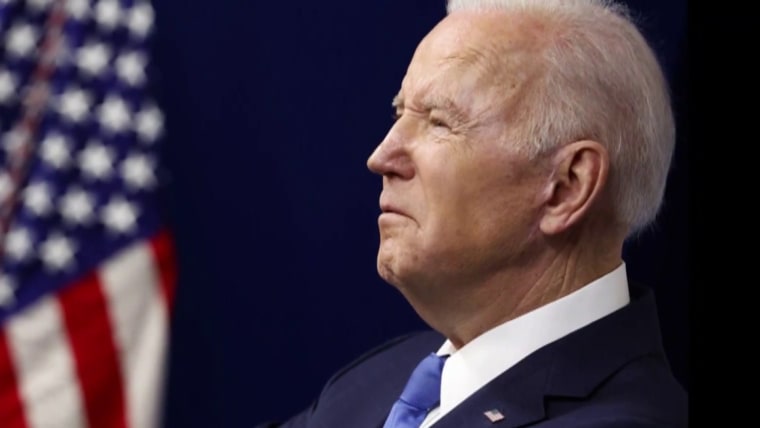The Supreme Court on Monday will consider how much power the Environmental Protection Agency has to limit greenhouse gas emissions from existing power plants, one of the most important cases of a term already loaded with blockbuster issues.
At stake is the extent of the government’s authority over “the single largest industrial source of climate pollution in our country and one of the largest sources of carbon dioxide pollution in the world,” said Vickie Patton, general counsel of the Environmental Defense Fund.
Energy-producing states led by West Virginia and coal companies are urging the court to rule that the EPA does not have broad authority to shift the nation’s energy production away from coal-burning power plants toward cleaner sources, including solar and wind power. That kind of public policy can be set only by Congress, not by a federal agency, they argue.
The case comes before the court in an unusual posture, because the states and coal companies are not challenging any specific rule now in effect. Instead, they are contesting a federal appeals court ruling that said the EPA could issue the kind of regulations the challengers oppose.
If those rules come back, the challengers say, the EPA could “name itself the country’s central energy planning authority by reshaping the power grids and seizing control over electricity production nationwide.”
The legal fight began seven years ago, when the EPA under the Obama administration issued a plan to reduce carbon dioxide pollution from power plants by allowing their operators to get credit for generating more power from lower-emitting sources, such as natural gas or solar energy or wind energy. The coalition of states and coal companies sued, saying the Clean Air Act gave the government authority only to restrict pollution from specific power plants, not to require power companies to shift to different methods of generation.
After the Supreme Court blocked the enforcement of that rule, the EPA abandoned it and instead, under the Trump administration, proposed standards that would regulate only emissions from power plants. The relaxed restriction on greenhouse gases was then challenged by a different lineup of states and a coalition of environmental groups.
The U.S. Court of Appeals for the District of Columbia, on President Donald Trump’s final day in office, struck down his administration’s revised rule. As a result, no EPA restriction currently applies to carbon pollution from existing power plants. But the appeals court ruling left the door open for the Biden administration to resurrect the EPA’s earlier approach, involving a shift to cleaner sources.
That possibility is what the coal companies and the red states are asking the Supreme Court to prevent.
“Major policy choices affecting the national economy should not be made by unelected agency officials,” a legal brief from the North American Coal Corp. said. The Supreme Court should ensure “that those momentous trade-offs are made by Congress,” it said.
The Biden Justice Department said the states and coal companies have no legal authority to maintain their lawsuit because no pollution rule is currently in effect. It said the EPA is in in the process of coming up with a new rule on carbon dioxide emissions.
“As part of that upcoming rulemaking, EPA will take a fresh look at the scope of its authority,” the department said.
But the government also said the appeals court was correct to rule that the EPA’s authority is not limited to merely analyzing pollution from specific plants, and therefore allows for more flexibility in considering the power generation system as a whole.
Several large public utilities, including Pacific Gas & Electric Co. and Consolidated Edison, are on the Justice Department’s side.
“Because of the uniquely interconnected nature of the electricity grid,” they told the court, the best system for reducing emissions includes looking at the power generation system as a whole and is not restricted to measures applying to each individual power plant operated in isolation from one another.
The case has attracted interest from dozens of business and interest groups. Among the companies siding with the Biden administration are Apple, Amazon, Google, Microsoft and Tesla. In a friend of the court brief, they said “both corporate and regulatory action are necessary to prevent the worst impacts of climate change.”
The court will decide the case by early July.
Source: | This article originally belongs to Nbcnews.com











